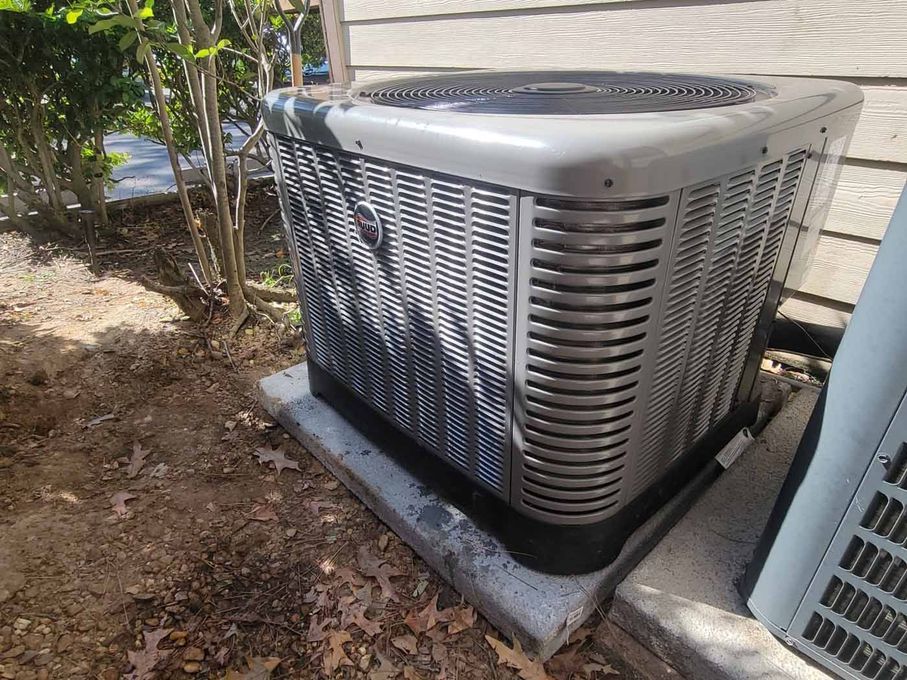Honest, Reliable HVAC Solutions Within Your Reach
Choose us for HVAC services in the Greater Houston metropolitan area
Honest, Reliable HVAC Services You Can Count On 24/7
Discover Dependable Solutions in the Greater Houston metropolitan area
At DAP Home and Commercial, we pride ourselves on delivering top-notch HVAC services to Montgomery, Conroe, Cypress, and surrounding areas. With over 15 years in the industry, our locally owned and family-operated business is committed to honesty and respectability. Our licensed and insured team is here to help, offering 24/7 emergency HVAC repair services, usually within an hour. Experience the difference with our prompt communication and no-upsell guarantee.
Experience Comprehensive Services Tailored to Your Needs
Our HVAC services are designed to meet the diverse needs of both residential and commercial clients in Montgomery, Conroe, Cypress, and surrounding areas. We strive to provide quality and reliability in every project we undertake. Look to us for:
- Home Installations and Replacements
- Home Maintenance and Repairs
- Commercial Installation and Replacement
- Commercial Maintenance and Repairs
- Emergency HVAC Repairs
Schedule your service today and enjoy peace of mind!
4
Commercial Installation and Replacement
Learn more about our installation and replacement services.
Need HVAC Help Fast?
We’re usually there within the hour

Embracing Our Core Values for Unmatched Service
Our mission is to provide exceptional HVAC services while maintaining transparency and integrity. As a BBB-accredited and EPA-certified company, we are dedicated to serving Montgomery, Conroe, Cypress, and surrounding areas with passion and commitment. Our husband-and-wife duo provides a personal touch in every interaction, making you feel like part of the family.
Contact us now and become part of our valued community!



